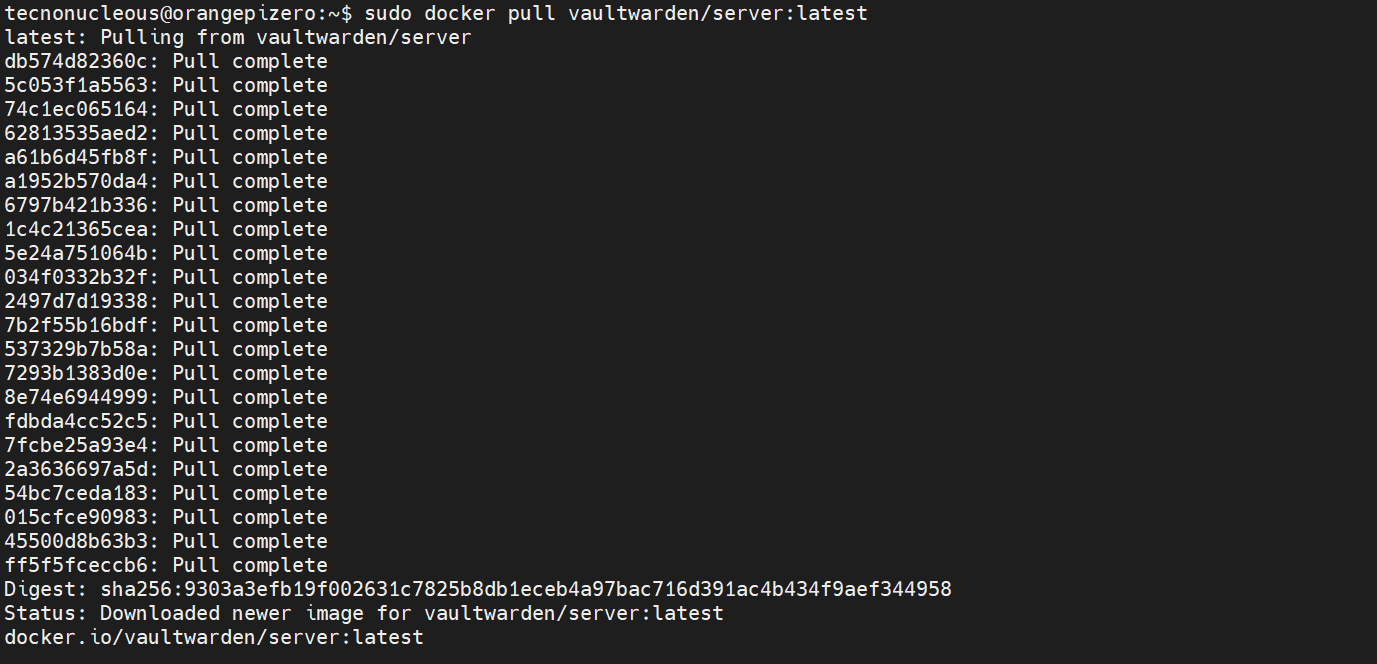
Bitwarden is an awesome open source password manager that I've been using for a while. However I've never been entirely comfortable with storing my password database on someone else's computer, so I decided to look into options for self-hosting it.
Enter bitwarden_rs; an unofficial implementation of the Bitwarden password manager written in rust, and brings a number of advantages to the original project.

The free, open-source Bitwarden handles all expected password manager tasks and adds features such as secure sharing and two-factor authentication.
- It's much more lightweight.
- It only requires a single Docker container to spin it up.
Prerequisites
Bad news for them, Bitwarden seems to meet my usage patterns. Help Reddit App Reddit coins Reddit premium Reddit. Bitwarden, the open source password manager, makes it easy to generate and store unique passwords for any browser or device. Create your free account on the platform with end-to-end encryption and flexible integration options for you or your business.
The base image used to serving static content such as the Bitwarden web vault. I’d say that Bitwarden is a complete solution for Linux users who want a password manager that works everywhere and syncs easily across multiple devices. You can get started for free but if you can, please go for the premium plan of $10/year to support this open-source project.
So without further ado, let's get started. To follow this tutorial, you'll need:
Reddit Bitwarden Account
- Our letsencrypt container installed and configured with your hostname and appropriate (sub)domains
- Your own (sub)domain setup correctly and free to dedicate to bitwarden.
Docker configuration
Although I tend to prefer to use containers we've produced ourselves, sometimes you have to admit that the original application author has hit the nail on the head with their own container, and that's the case here. So let's grab it from Docker Hub:
As you can see I've changed port 80 on the container side to be 8343 on the host as Unraid is currently using port 80. You can choose any free port for this tutorial — just remember what it is so you can configure the reverse proxy appropriately.
With that completed, let's move on.
Reverse proxy
Navigate to /config/nginx/site-confs/ on your LinuxServer.io Let's Encrypt container, and create a new server. Call the file bw.
In this file paste the following, making sure you edit it to change the variables $IP and $HOST_PORT_FOR_80 appropriate to your own config. Best mac software to download torrents. Save and restart the Let's Encrypt container.
Finishing Up
You should find now you can access the Bitwarden web vault at https://bw.server.com

Now you can create a new account, and if you want to migrate from Bitwarden's own hosted system, export your passwords as a .json file and import them to your new self-hosted version.
Setting up Browser Extensions & Mobile Applications
To point the browser extension to your new self hosted Bitwarden instance, you need to log out from your current Bitwarden session and then click the tiny cog in the upper left corner like below:
Reddit Bitwarden Games
Fill out the Server URL box with https://bw.server.com.
Reddit Bitwarden Lastpass
Robert's your mother's brother. You're done!
